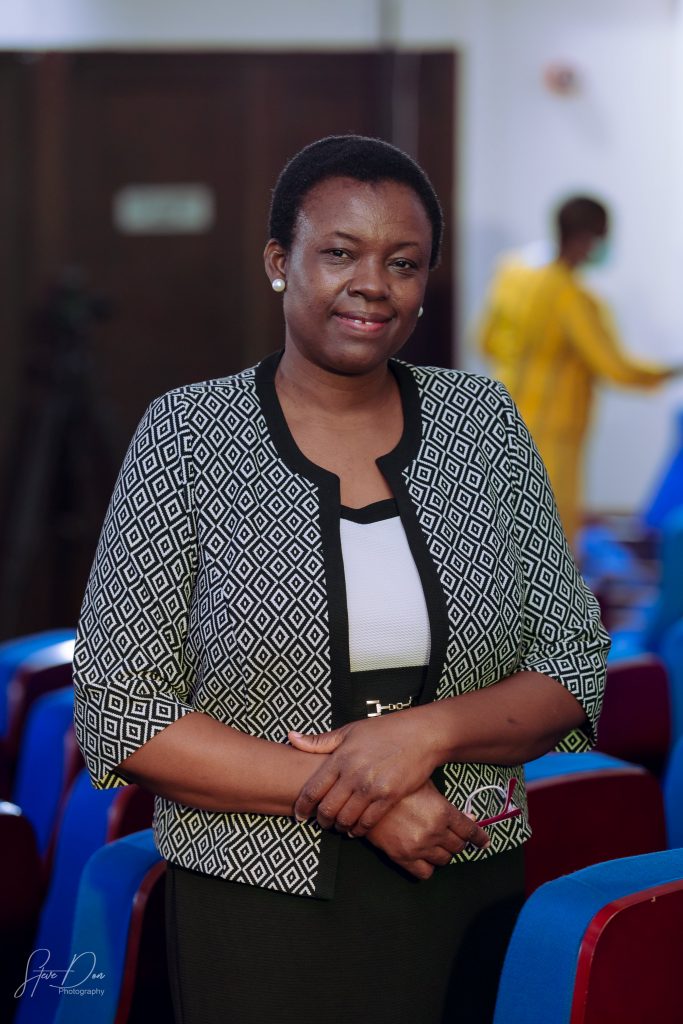A Brief Intoduction
The Ghana College of Pharmacists (GCPharm) was set up by an act of parliament (ACT 833) in 2011 to train practicing pharmacists to become Specialists and Consultants in various areas of professional pharmacy practice.
The faculty of Clinical Pharmacy focuses on training practitioners mostly engaged in the practice of providing pharmaceutical care to patients either in the community or in healthcare institutions through the application of clinical pharmacy skills.
The Part I of the program involves residential attachment of practicing pharmacists to accredited hospitals for 2 years. The residents acquire practical knowledge and skills in providing pharmaceutical care. They also consolidate clinical knowledge in specific internal medicine specialties. In addition, they gain an appreciation of the clinical signs and symptoms of the various pathological conditions, the prognosis and the management of the diseases under consideration.
The Part II component of the fellowship program supports the development of Specialty Practice. Students are expected to select areas of interest and be attached to accredited tertiary healthcare institutions where they can benefit from multidisciplinary specialty practice with the objective of acquiring advance experience, skills and knowledge in specific areas of medical and pharmacy practice.
What the faculty seeks to achieve
The benefits of training specialist pharmacists for the Ministry of Health (MOH) are enormous. First, it will improve the clinical care of patients by maximizing therapeutic outcomes whilst reducing toxicity. Secondly, it will reduce the cost involved in the care of patients as clinical pharmacists are reputed worldwide to streamline costs of various healthcare insurance schemes.
The guiding principles supporting the training are as follows:
- Benefits of the appointment of specialist pharmacists in the care of patients.
- Availability of real opportunities for career progression, to sustain the interest of pharmacists and to reduce the brain drain.
- Development of technical grades that run parallel to management/director positions and thus encourage professional practice to the highest levels.
What the faculty expects from candidates, members and fellows.
That candidates are registered pharmacists with at least 2 to 3 years working experience after completing university. That candidates are in good standing with the PSGH and are capable of completing a year’s program in the primaries. Those who pass the examinations will then select the various preferred faculty within the fellowship program to pursue. At this point they will be addressed as Associate Members of the Ghana College of Pharmacists
Members will continue for 2 years in the residential program in accredited health institutions after which they will be subjected to the Part I fellowship examinations. Successful Residents will then be referred to as Specialists and Members of the Ghana College of Pharmacists.
Specialists are normally appointed by the GHS, MOH or Teaching Hospitals and their affiliates like CHAG institutions, The partners of the MOH for example NHIA, PC, FDB, GSA etc.
Specialists can apply after 1 year of practice in the area of chosen specialty to enroll on the Part II of the fellowship program. Additional 2 years of residential attachment to a specific area of specialty shall be carried out after which a project work must be presented for publication in an international peer review journal. On successful completion of the Part II examinations, the Specialist becomes a Senior Specialist and a Fellow of the Ghana College of Pharmacists.

HEAD OF FACULTY





